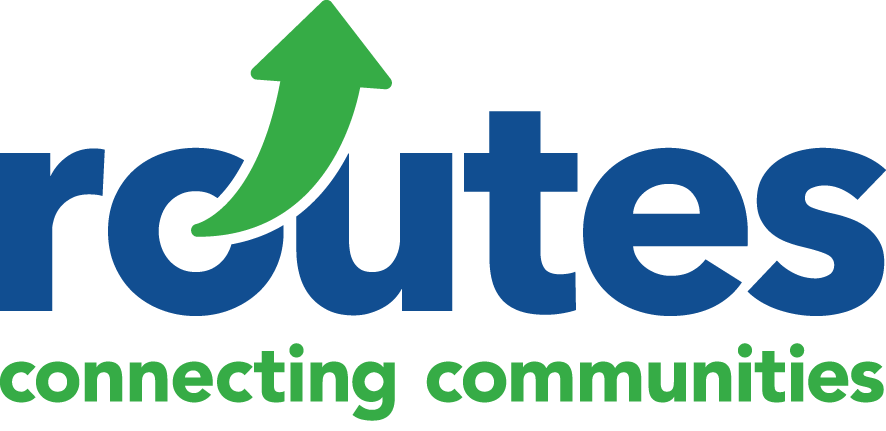Complaints and Compliments
At Routes Connecting Communities, we are dedicated to delivering exceptional service to all our clients. We understand that feedback—both positive and negative—is essential for our growth and improvement. We encourage clients to share their experiences, whether they are complaints or compliments, in a safe and supportive environment.
Definitions
Complaints
are concerns expressed by clients, community members, or volunteers based on their actual experiences with our services. Examples include:
Service:
Issues related to how programs and services are delivered.
Accessibility: Concerns about access to programs and services.
Service Coordination:
The effectiveness of communication and teamwork among staff to provide seamless service.
Information: Satisfaction with the information provided, whether written or verbal.
Facilities: Issues regarding signage, access, cleanliness, parking, and privacy.
Safety and Security: Measures taken to ensure personal safety and security.
Compliments
are positive feedback or expressions of satisfaction with our services. Examples may include:
- Exceptional service from a staff member.
- Successful program delivery and positive outcomes.
- Appreciation for our facilities and their accessibility.
- Effective communication and support provided by our team.
Procedure
Clients and community members can express their feedback through both informal and formal processes.
Informal:
We encourage clients to first address any concerns directly with the involved staff member, as many issues arise from misunderstandings or miscommunication. Compliments are also welcome in this informal setting!
- How to Share: Feedback can be shared in person, via email, or by phone.
- Response: Staff will respond positively and professionally, seeking to clarify the issue and understand the client’s expectations. They will either resolve the concern or refer it to the appropriate person for resolution.
Formal:
If a concern is not resolved through informal discussion, clients can escalate their feedback through the formal process.
- Reporting: The staff member receiving the feedback will document it and inform the appropriate supervisor.
- Investigation: The supervisor will complete a report, investigate the feedback, and respond to the client within one week.
- Ongoing Access: Clients can continue accessing our services during the investigation unless they choose otherwise.
- Escalation: If the client is dissatisfied with the supervisor's response, they may submit a written complaint to the Executive Director.
Executive Director’s Role:
- The Executive Director will review the complaint and may delegate follow-up to a manager.
- The complainant will receive details of the procedure and the assigned manager's contact information within one week.
- After investigation, the Executive Director will contact the complainant with a response, ideally outlining changes to improve our services.
If the complainant remains dissatisfied, they can escalate the issue to the Chair of the Board of Directors within four weeks of receiving the response. The Board Chair will refer the matter to the executive committee for a final decision, communicated to the complainant within six weeks.
Reports:
All feedback—both complaints and compliments—will be documented and shared with Routes staff. We will analyze trends and prepare an annual report for the board, ensuring continuous improvement. Any serious complaints that could jeopardize the safety of staff, volunteers, community members, or the organization will be reported to the board within 24 hours.
